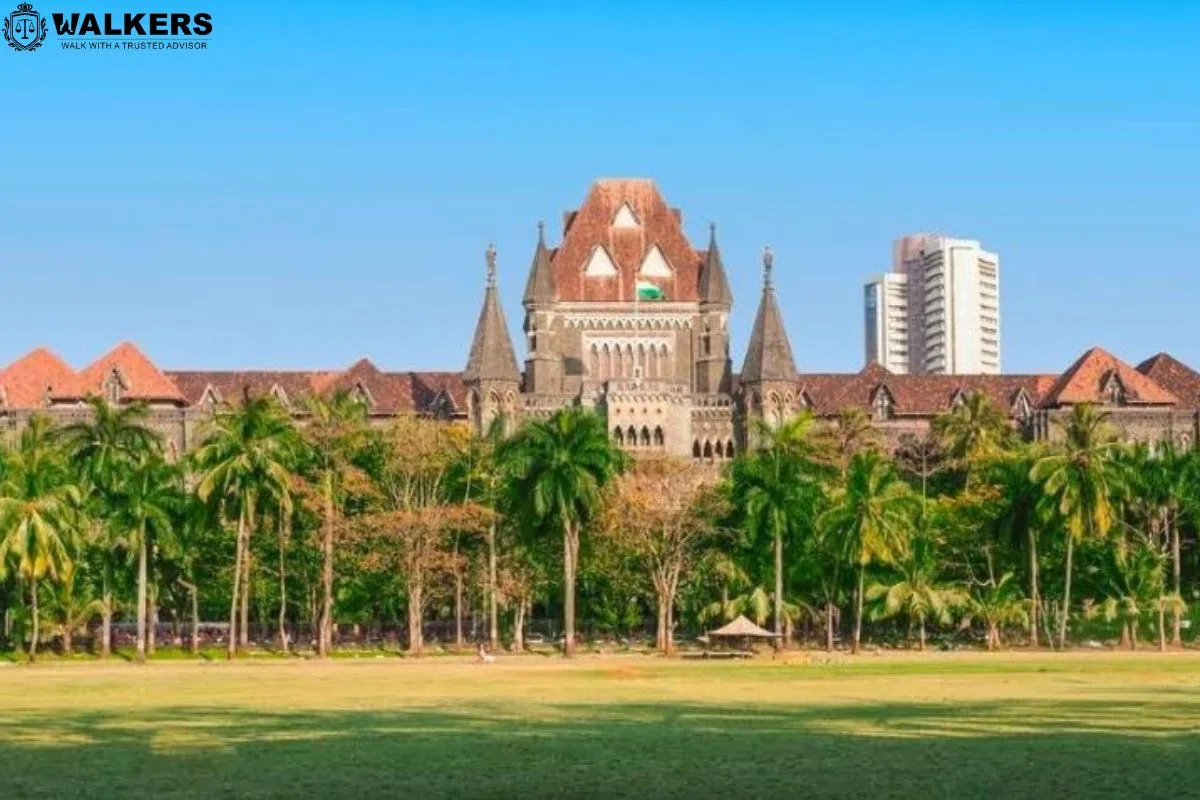


The recent ruling by the Bombay High Court in the case of Yes Bank Ltd. vs. Union of India and Ors. has clarified the interpretation of Rule 5 of the Debts and Recovery Tribunal (Refund of Court fees) Rules, 2013. The Court held that Rule 5(1) cannot be read in a way that defeats the entitlement of the applicant for a refund of court fees as permitted under Rule 4.
The Court emphasized that the legal right of the applicant to receive a refund cannot be defeated simply because the opposing party does not give consent for a joint application. The Court stated that the provision for a refund of court fees should not frustrate the entitlement of the applicant, and the applicant's rights should not be defeated by the non-cooperation of the defendant.
The writ petition was filed by Yes Bank Ltd., which sought the deletion of the requirement for a joint application from Rule 5 of the Debts and Recovery Tribunal (Refund of Court fees) Rules. The bank also requested the High Court to direct the concerned DRT Registrar to release the amount due as a refund without insisting on a joint application.
In this case, the bank had filed recovery proceedings before a DRT in Mumbai due to a borrower's default on a bank loan. However, the parties reached an out-of-court settlement, and the bank withdrew the proceedings. The bank then applied for a refund of court fees, which was granted by the DRT but with the condition that a joint application must be filed.
The bank argued that obtaining the borrower's consent for a joint application in all such cases of settlement is difficult and causes prejudice to the bank. The respondents contended that the bank had not demonstrated any injustice and that the requirement for a joint application prevents the bank from receiving dual benefits.
The Court observed that in many recovery matters, financial institutions settle for amounts less than the outstanding dues. It further noted that in cases where disputes are settled immediately after filing recovery proceedings, the court fees are refunded only to the plaintiff in civil suits.
The Court held that once the DRT allows a refund of court fees to the applicant and the entitlement to a refund has been fixed by a judicial order, the Registrar of the DRT cannot insist on a joint application. However, the Court clarified that if there are doubts about the entitlement to a refund or if the judicial order does not clearly grant a refund, a joint application may be required.
The ruling provides clarity on the interpretation of the relevant rules and ensures that the entitlement of applicants for a refund of court fees is not defeated by the non-cooperation of the opposing party.
Click Here to: Download/View Related File
TAGS: Bombay High Court Rule 5 Debts and Recovery Tribunal (Refund of Court fees) Rules 2013 read down joint application refund of court fees Yes Bank Ltd. Union of India Justices GS Kulkarni and Rajesh S Patil entitlement petitioner DRT Registrar out-of-court settlement borrower recovery proceedings Mumbai writ petition bank loan default prejudice respondents Central government authorities DRT-II injustice settlement dual benefits court fees plaintiff judicial order clarity interpretation.